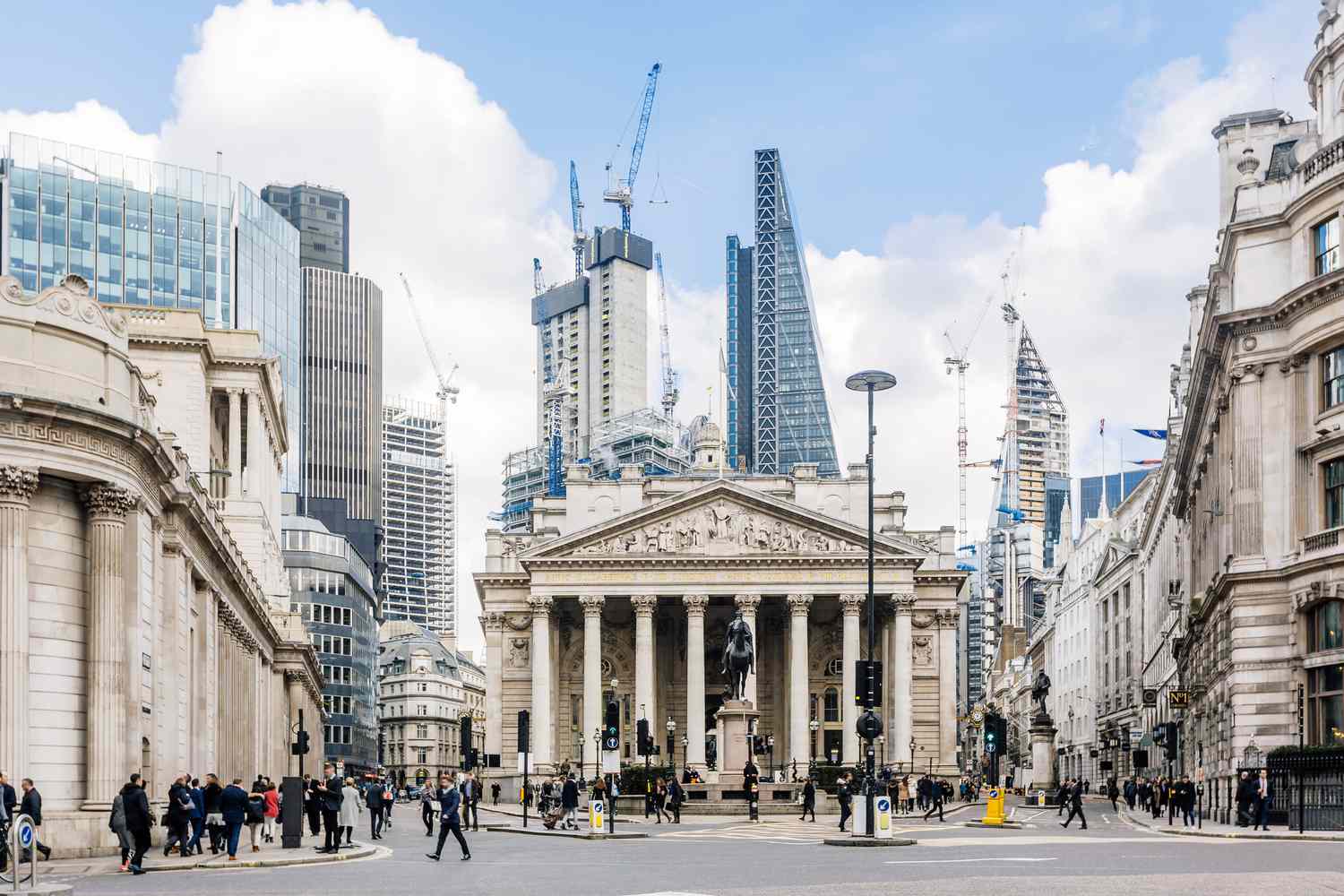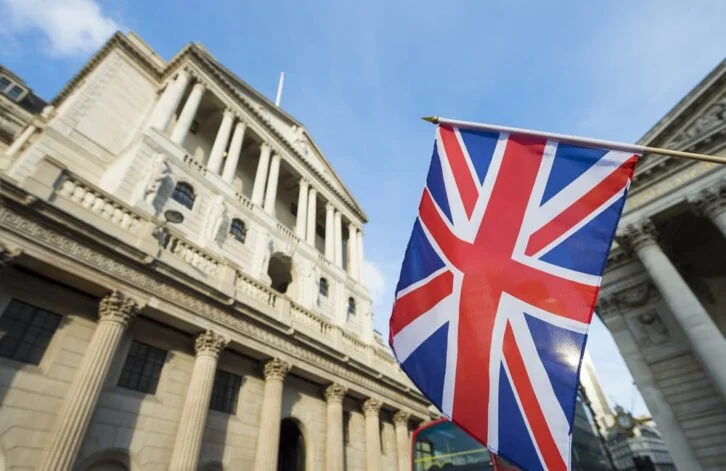
Those who are interested in saving money are usually looking for the best interest rates, and the United Kingdom appears to be a smart bet at the moment. In recent months, the value of the pound has increased in comparison to both the euro and the dollar. This is due to the fact that economists are speculating that the interest rates in the United Kingdom will continue at 5.25% for a longer period of time than was initially anticipated.
Although there is a slim majority of city experts who anticipate a drop in borrowing, the likelihood of a reduction in borrowing has decreased. However, very few people outside of the Square Mile feel that a shift is coming.
Officials from the Bank of England will, if anything, push the value of the pound to even greater heights when they signal, as is sure to happen, that a reduction is still quite some time away.
Suren Thiru, the economics director of the ICAEW, has stated that he continues to anticipate that the Bank of England will reduce interest rates to 4.75 percent by the end of the year; nevertheless, he has reported that “an August rate cut is looking less likely.”
Charlie Bean, an economist at the London School of Economics and a former deputy governor of the Bank, has stated that he will be surprised if there is a reduction in the percentage of interest that is charged on loans this week.

The monetary policy committee (MPC) of the Bank of England stated in March that it was on track to reduce interest rates due to the fact that inflation was decreasing and the prognosis for the economy was not particularly optimistic. This year, the committee said that there will be three rate reductions, and other reductions are scheduled to take place in 2025.
Then came the numbers that demonstrated a robust recovery from the slight recession that occurred the previous year. According to S&P Global’s most recent study of the business sector, companies in the manufacturing and service sectors are receiving more new orders and showing rising levels of optimism about the trajectory of employment and profitability.
A further indication that the economy was functioning well despite the absence of lower borrowing costs was the fact that official numbers for the months of May and June revealed that wage growth remained above 5.5% and that businesses that had been laying off workers the previous year had begun to hire again.
Parliament has given the Bank the duty of maintaining inflation at about 2% over a longer period of time. In addition, despite the fact that the consumer price index was 2% in both May and June, there was apprehension that wage pressures would cause the trend to reverse.
Core inflation, which does not include volatile commodities like food and fuel, has remained above 3% throughout this period. Even worse, the figure for the inflation of services, which measures the amount that companies charge each other, continues to be consistently more than 5%.

Stephen Millard, who serves as the deputy director of the National Institute of Economic and Social Research, has stated that the question that needs to be answered is whether or not there is sufficient information to demonstrate that inflation will remain low. After the fourteen consecutive rate hikes that occurred between December 2021 and August of the previous year, he believes that the Bank of England needs further time to evaluate the current state of the economy before beginning to reverse the trend.
Bean claims that if he were still a member of the MPC, he would want additional evidence that wages were going to decrease and that service providers, who have passed on the majority of their cost increases to customers over the course of the past two years, would stop doing so.
There are still large pockets of industry and the services sector suffering from financial distress, partly as a result of high interest bills.
On Thursday, the Monetary Policy Committee (MPC) will release its most recent quarterly assessment of the economic outlook. Revisions to the MPC’s growth forecast for both this year and the following year are anticipated to be made. A move from low to moderate growth is a welcome development, but it is likely to conceal a worsening situation in the labor market, which will be characterized by rising unemployment and, approximately six months from now, falling wage growth. This will be especially noticeable in the United States.
In spite of the fact that the economy as a whole is expanding, there are significant areas of the service sector and the manufacturing sector that are experiencing financial trouble. This is in part due to the fact that interest rates are quite high. In addition, consumers are hesitant to spend, and businesses are hesitant to make choices about investments so long as there is uncertainty over the direction that interest rates will go.
The Bank of England is accused of “dithering” by Thiru, despite the fact that the overall picture reveals that the private sector in the United Kingdom is mostly stagnating and sorely needs reduced borrowing prices.
It has already been done by the European Central Bank, and the Federal Reserve in the United States is getting set to do the same thing.
There are a number of analysts, including Thiru, who believe that the United Kingdom is in dire need of a boost from reduced borrowing costs. Considering the level of stagnation that the economy is experiencing, he asserts that there is an urgent need to reduce interest rates.
Two members of the MPC voted in favor of a reduction during the most recent meeting. The governor, Andrew Bailey, and the other two floating voters are the ones who have the authority because it is known that at least four members are unwilling to welcome in cheaper money.
The people who save money will be happy if Bailey joins “the hawkish four” and determines that a further delay is required. Waiting is required for those individuals who have amassed debts.